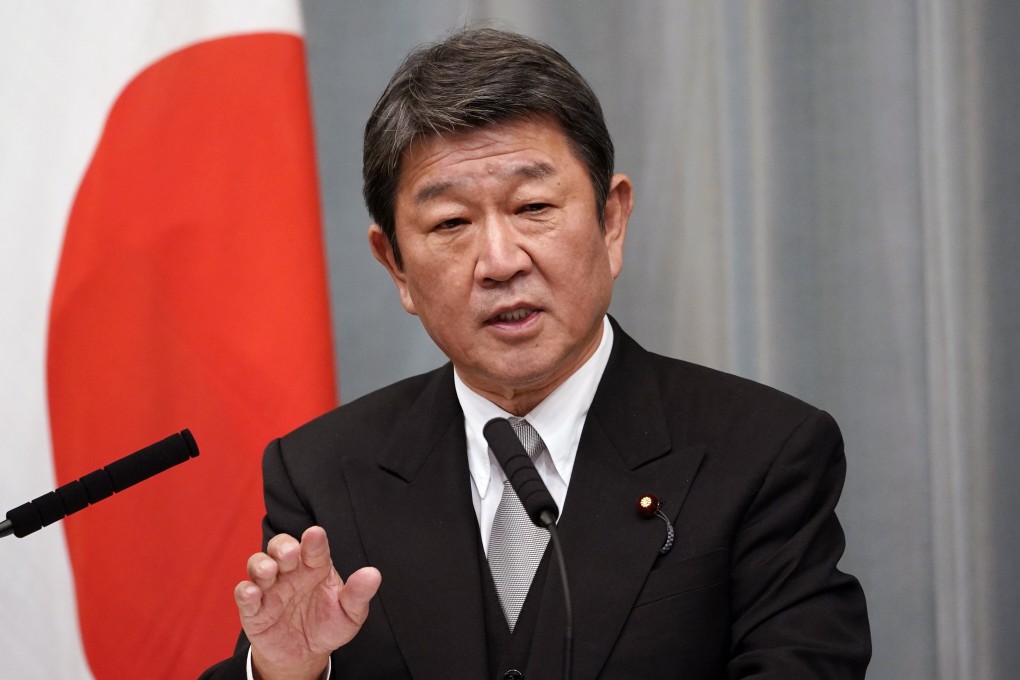Advertisement
Japan resumes meeting with 5 Mekong countries after suspending it due to Myanmar coup
- Analysts say Tokyo’s focus is to nurture closer economic cooperation with Cambodia, Laos, Myanmar, Thailand and Vietnam to counter China’s rise
- The annual meeting, which was postponed following the February coup, will also cover Covid-19 support and territorial disputes in the South China Sea
Reading Time:3 minutes
Why you can trust SCMP
2

Japan is expected to use its meeting on Friday with the five Mekong River states to reiterate its commitment to the region, although analysts said it will also aim to reinforce its foreign policy objective of countering China’s influence.
Japanese Foreign Minister Toshimitsu Motegi will hold a videoconference summit with his counterparts from Cambodia, Laos, Myanmar, Thailand and Vietnam. The agenda includes support for the five countries – all of which are battling with Covid-19 surges due to the highly contagious Delta variant – as well as discussions on territorial disputes in the South China Sea and a festering political crisis in Myanmar following a February coup.
While this Japan-Mekong meeting takes place annually, it was postponed from its original March date as Tokyo feared that holding it would be seen as recognising the military junta which seized power from an elected government, sources told Kyodo News.
Advertisement
But Japan decided to go ahead after China hosted a meeting with the 10 Association of Southeast Asian Nations (Asean) members including Myanmar in June, and the United States also met virtually with Asean foreign ministers on July 14, they said.
On Wednesday, Motegi expressed full support for the Asean appointment of a special envoy to Myanmar to mediate between the military and pro-democracy protesters.
Analysts said however that Tokyo’s focus for Friday’s meeting would be to nurture closer economic cooperation with the Mekong countries, as it joins with its ally the United States in seeking to check China’s rise.
Advertisement
Select Voice
Choose your listening speed
Get through articles 2x faster
1.25x
250 WPM
Slow
Average
Fast
1.25x